Shocked by Quantum Theory
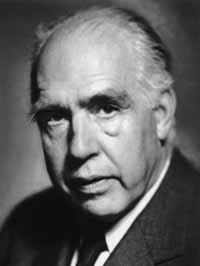
For years now I have been worried about some of the absurd self-deception of a few writers and speakers who claim to understand quantum theory and use their version of it to bolster some argument or other.
In the past I have written a fair bit about some of the more preposterous claims that had been misleading enormous numbers of people.
I thought that most of those pieces had been lost after two of my older blogs were hacked – twice! – and needed to be re-built and transferred to a new server.
So I was delighted to find that one of them – Quantum Flapdoodle – has come across.
And this short quotation rather supports what I was saying:
“Anyone who is not shocked by quantum theory has not understood it… Isolated material particles are abstractions, their properties being definable and observable only through their interaction with the other system… Independent reality in the ordinary sense can be ascribed neither to the phenomena nor to the agencies of observation.”
–Niels Bohr (Danish Physicist and, in 1922, Winner of the Nobel Prize in Physics, 1885-1962)
What Takes Your Breath Away
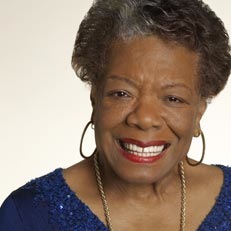
“Life is not measured by the number of breaths we take, but by the moments that take our breath away.”
–Maya Angelou (African-American Poet, Writer and Performer, 1928-)
A Vast Ocean of Energy
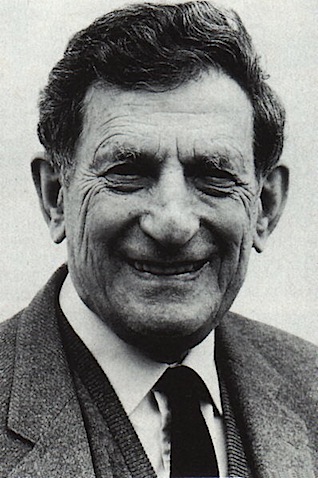
“We inhabit a vast ocean of energy which is outside the reach of our senses and our measuring instruments.”
–David Bohm (American-born Theoretical Physicist and Philosopher, 1917-1992)
Three Kinds of Brains
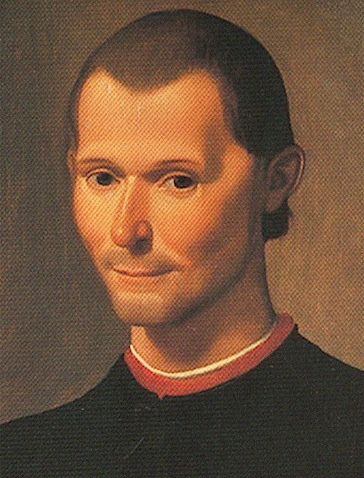
“There are three different kinds of brains, the one understands things unassisted, the other understands things when shown by others, and the third understands neither alone nor with the explanations of others. The first kind is most excellent, the second kind also excellent, but the third useless.”
–Niccoló Machiavelli (Italian Writer and Philosopher, 1469-1527)
Your Inner Potential
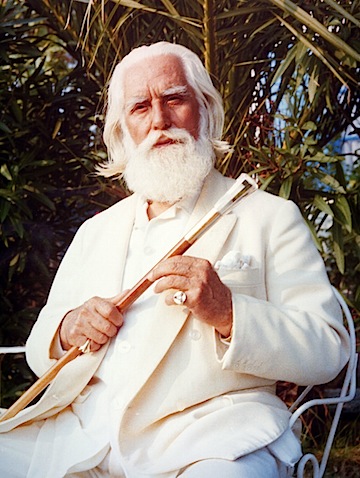
“Strive to be conscious of all the possibilities within you. Even when you think you are completely exhausted and at the end of your tether, you still have tremendous resources which will help you to continue on your path.”
–Omraam Mikhaël Aïvanhov (Bulgarian Spiritual Master, 1900-1986)
Wise Words On The Quest
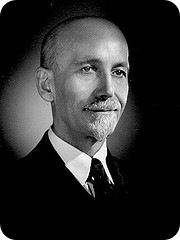
“The teaching that the Quest cannot and should not be separated from life in the world is a sound one.
Therefore, it is part of philosophy and is not some eccentric enterprise to be undertaken by those who wish to escape from the world, or who, being unable to escape, consider themselves as belonging to a class apart from others in their environment – superior to them, different from them, and holier than them.
They also come to consider the Quest as an artificial system of living, devoid of spontaneity and naturalness – something to be labored at by making themselves abnormal and inhuman. One of the consequences of this attitude is that they tend to overlook their everyday responsibilities and thus get into difficulties. Philosophy has consistently opposed this tendency.
Unfortunately, in the reaction from it, there has arisen a fresh confusion in the minds of another group of students who do not understand the beautiful and adequate balance which true philosophy advocates. These students, swayed by such teachers as Krishnamurti, become so enthused by the notion of making spiritual progress through learning from experiences and action alone that they follow Krishnamurti’s advice and throw away prayer, meditation, and moral striving, as well as study under personal teachers. This limits them to a one-sided progress and therefore an unbalanced one.
Total truth can only be got by a total approach; as Light on the Path points out, each of these forms of approach is but one of the steps and all steps are needed to reach the goal.
The whole of his being must be involved in the effort if the whole of truth is to be found. Otherwise the result will be emotional alone, or intellectual alone, or adulterated with egoistic ideas and feelings.”
–Paul Brunton (a.k.a. Raphael Hurst, English Philosopher, Traveler, Spiritual Teacher and Author, 1898-1981)
The Treasure In Your Skull
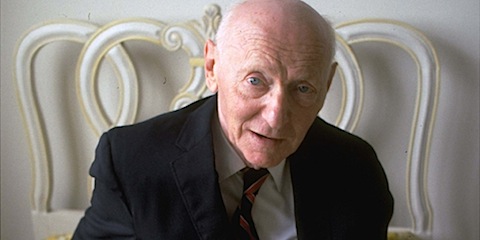
“There is great treasure there behind our skull and this is true about all of us. This little treasure has great, great powers, and I would say we only have learnt a very, very small part of what it can do.”
–Isaac Bashevis Singer (Polish-born American Writer and, in 1978, Winner of the Nobel Prize for Literature, 1904-1991)
Understanding Wisdom
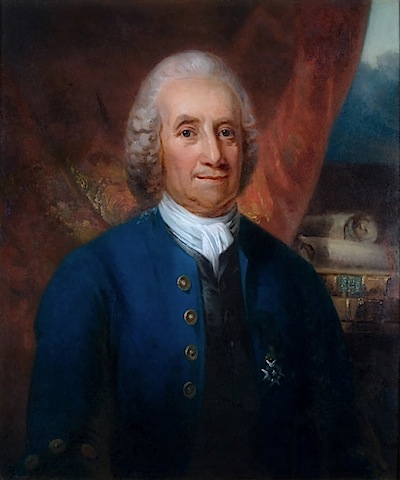
“You have achieved wisdom when you no longer have any concern about understanding what is true and good, but are willing and living it.”
–Emanuel Swedenborg (Swedish Scientist, Mystic and Philosopher, 1688-1772)
Wise Words About Leadership
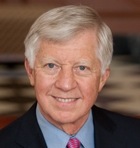
I was recently talking to someone about the difference between managers and leaders. Wherever you find yourself with a group of people who have to get something done, you can usually spot the leaders. They don’t necessarily have lots of stripes on their arms, distinctive epaulettes or shiny nameplates. For more than two centuries it has been known that around 5% of the population has a natural ability to lead. But more importantly others give them the permission to take charge. That 5% also has a number of other interesting characteristics that we shall talk about in other posts.
But there is more to leadership than natural ability.
Here are some wise words from someone who know more than most about successful leadership:
“Is leadership inherent or trainable? Both.
You are born with characteristics that reside deep inside you: drive, an ability to influence and motivate, perseverance. But you have to develop those qualities through actual leadership experiences.
A key quality is adaptability–facing unexpected obstacles, falling short of goals, reading the context, and changing your approach.
Absent that, leaders will continue to repeat mistakes and will not grow and develop. That leads me to the essence of the question “Why is it so hard to lead yourself?”
The answer, in my experience, lies in the differences between your idealized self–how you see yourself and how you want to be seen–and your real self. The key to growing as a leader is to narrow that gap by developing a deep self-awareness that comes from straight feedback and honest exploration of yourself, followed by a concerted effort to make changes.”
–William W. George (American Professor of Management Practice at Harvard Business School and Former CEO of Medtronic, Inc., 1942-) [Quoted in Fast Company, April 2007]
The Oneness of the Universe
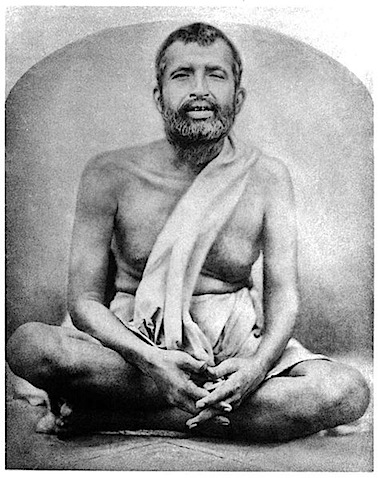
“Whatever we see or think about is the manifestation of the Mother, of the Primordial Energy, the Primal Consciousness. Creation, preservation, and destruction, living beings and the universe, and further, meditation and the meditator, bhakti [devotion] and prema [divine love]-all these are manifestations of the glory of that Power.”
–Sri Ramakrishna (a.k.a. Sri Ramakrishna Paramahansa, Indian Hindu Mystic and Promoter of Universal Religion, 1836-1886)






